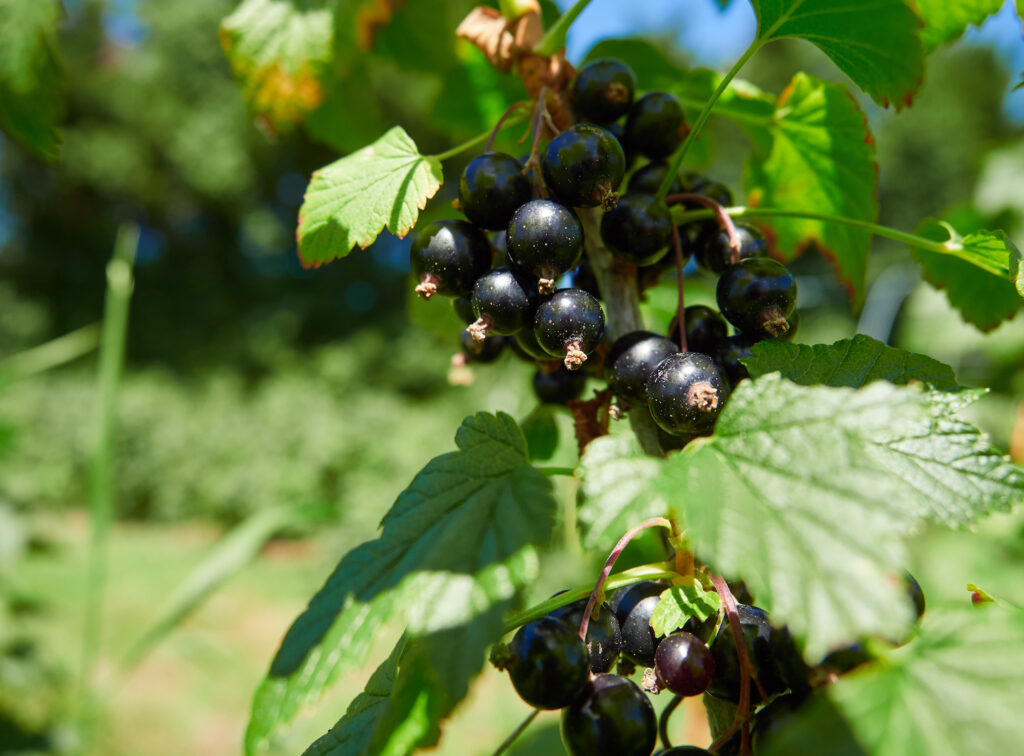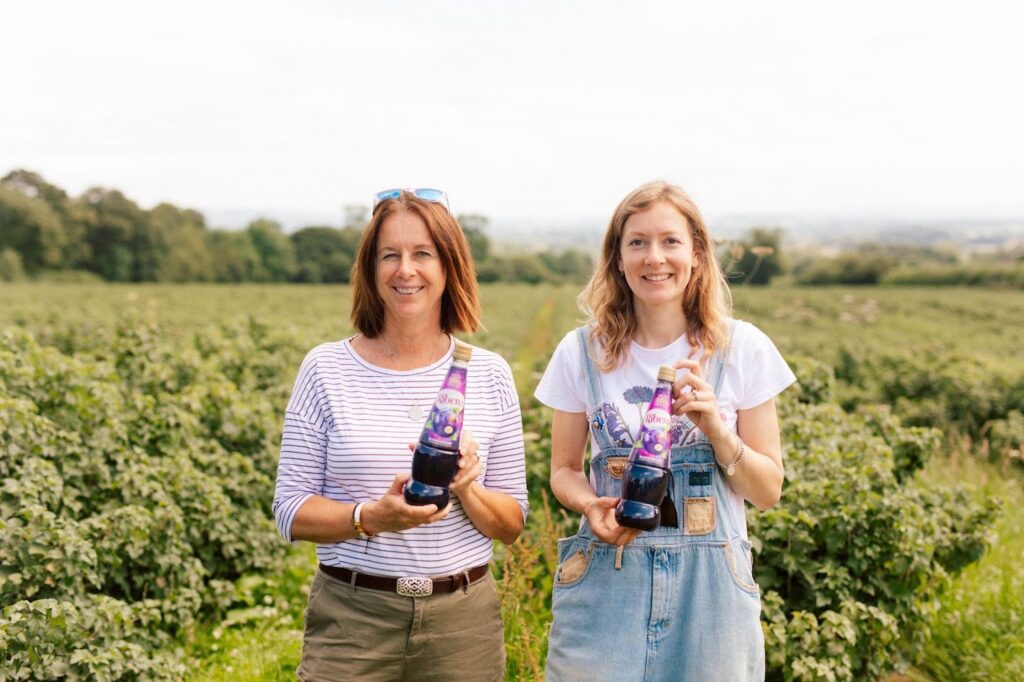Hot and dry summer makes for a challenging blackcurrant harvest
3rd October 2022
As many regions of the UK were hit by record-high temperatures and prolonged drought this summer, British growers’ association, the Blackcurrant Foundation, reported a particularly challenging harvest.

Little did blackcurrant growers know when harvest began on 3rd July in Somerset that they were going to be facing the driest July since 1911. The lack of rain compounded by extreme heat significantly depleted moisture levels in the soil, with temperatures exceeding 40°C for the first time ever during peak harvest.
Harriet Prosser, agronomist at Suntory Beverage and Food GB&I, commented: “It has been another challenging UK blackcurrant harvest, but for very different reasons; last year we had frosts at flowering and a very wet harvest, this year we had a good spring but an incredibly hot dry summer.”
Mr Prosser explained that growers only have a small window for berry picking each year, which is why record-high temperatures mid-harvest pose such a hindrance. To prevent the fruit from spoiling in the heat, many growers carried out harvesting at night to be able to bring the crops in quicker for storage.
Jo Hilditch, chair and spokesperson for the Blackcurrant Foundation, added: “A main concern was that berries were not able to cling on to the bushes and just fell to the ground before the harvesters came through.
“Our harvest still requires some manual labour, despite being a largely automated process thanks to machinery, and the heat made it much more difficult for pickers who started at 4.30am some mornings.
“Towards the end of the season, some varieties suffered due to lack of winter chill which made for some unevenly ripened fruit in some of the later loads that went to be pressed.”

Chair of the Blackcurrant Foundation, Jo Hilditch (left) with blackcurrant grower, Rosie Begg (right), pictured with Ribena.
Blackcurrant growers in the South East and East Anglian regions were the most severely affected by this summer’s extreme weather events. In contrast, growers in other parts of the UK had a relatively normal harvest.
Around 90% of the nation’s blackcurrant crop goes into making Ribena, accounting for 10,000 tonnes of fruit each year. This amount is produced by just 36 British blackcurrant growers across the UK, making the supply chain vulnerable to environmental factors.
To counter the effects of climate change on harvest and prevent further losses, members of the Blackcurrant Foundation have been trialling new blackcurrant varieties that are more resilient in the current climate. These crops have been developed to withstand warm winters, prolonged drought, and extreme summer heat.
The research has been funded by Lucozade Ribena Suntory and has so far received £11 million in investment to propel the development of new varieties. Some crops harvested this summer have been in the pipeline for 20 years and many more are currently in the making.
